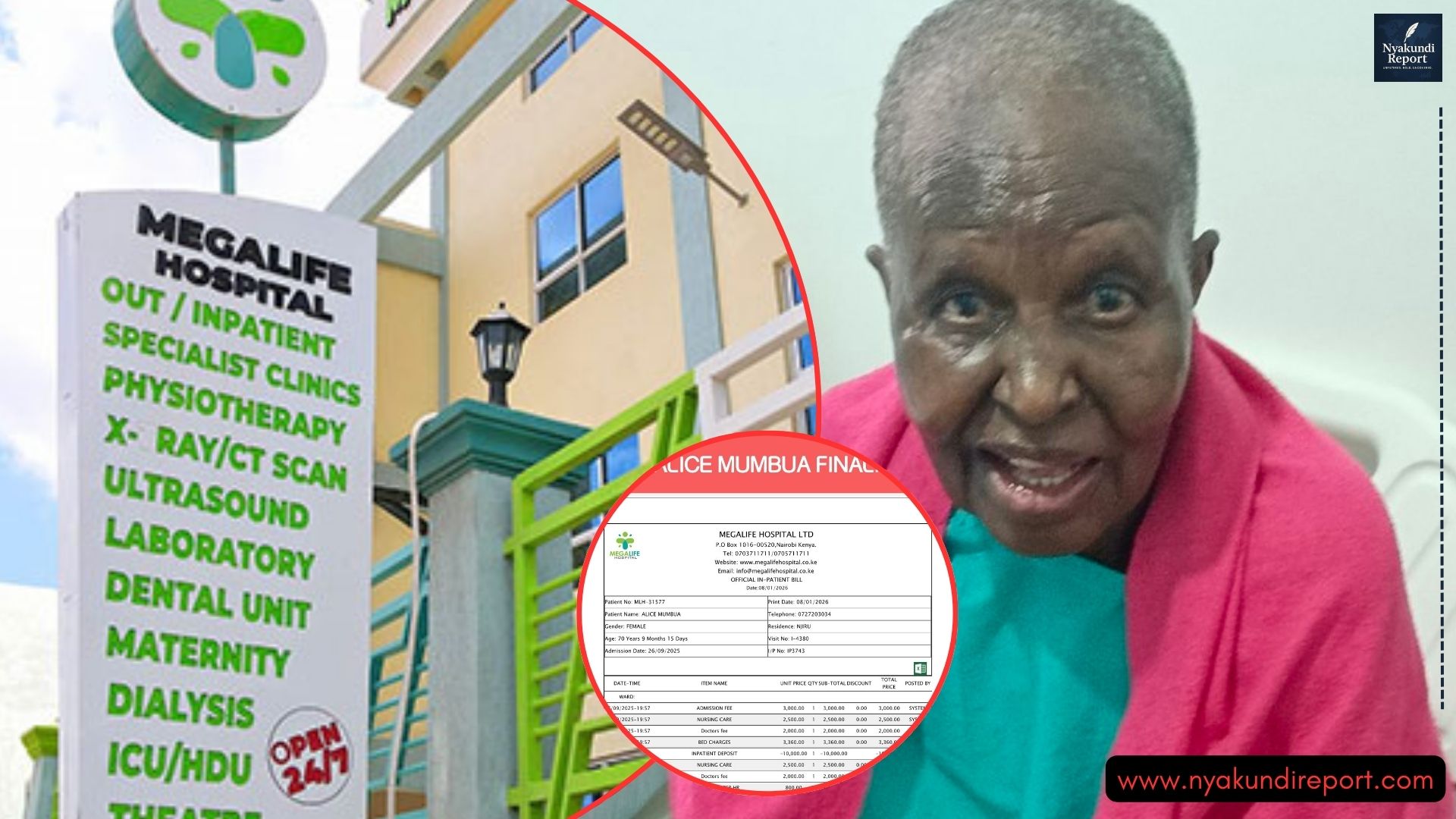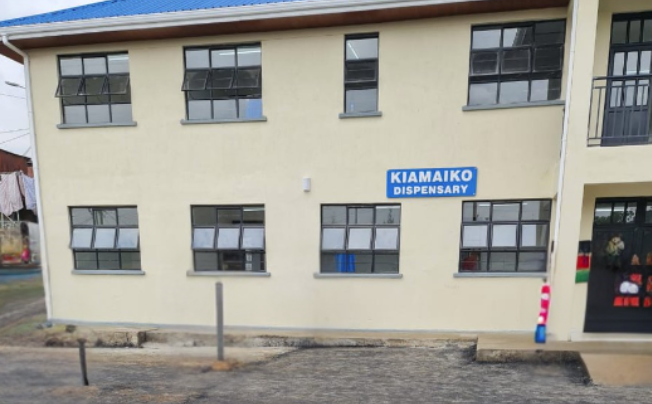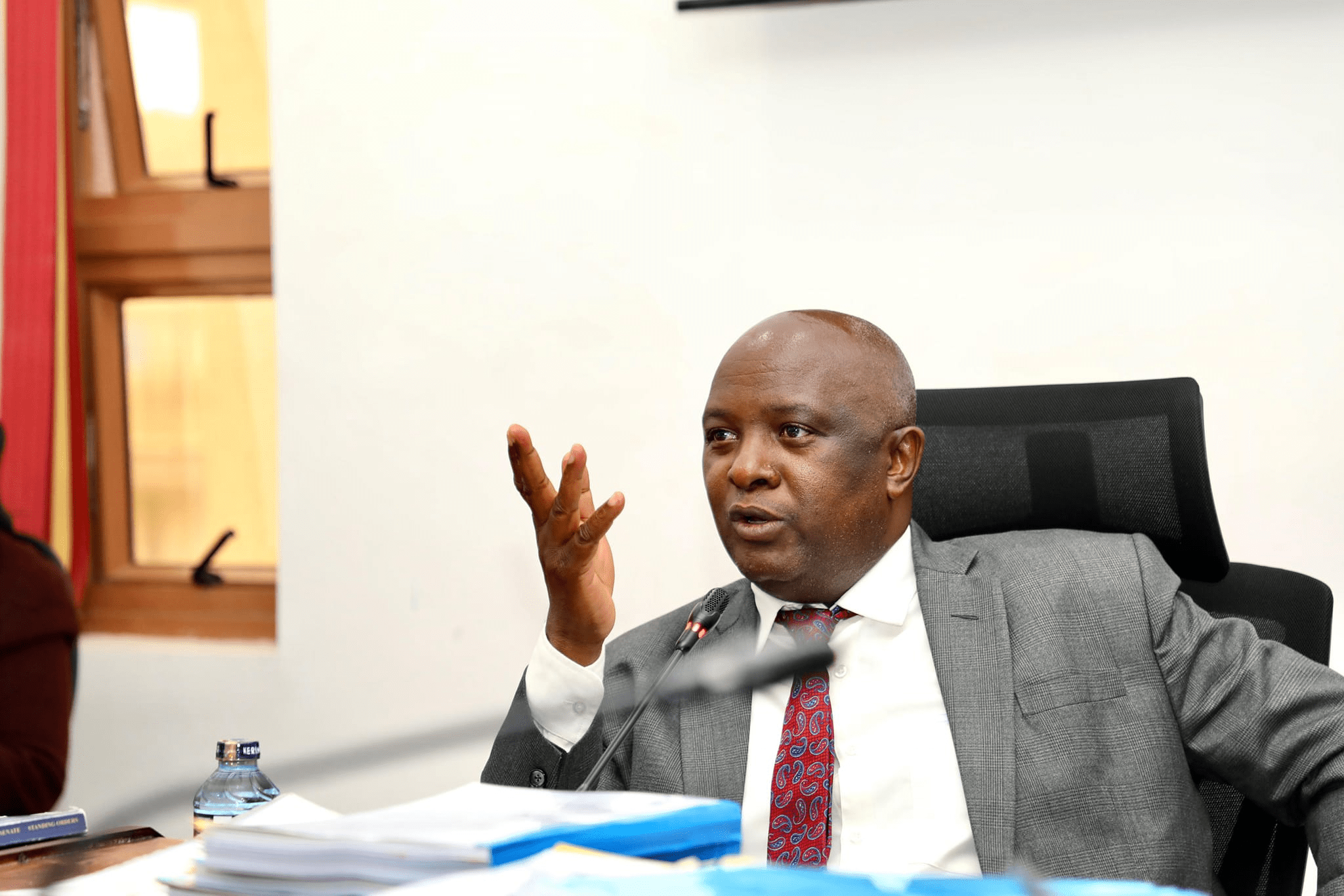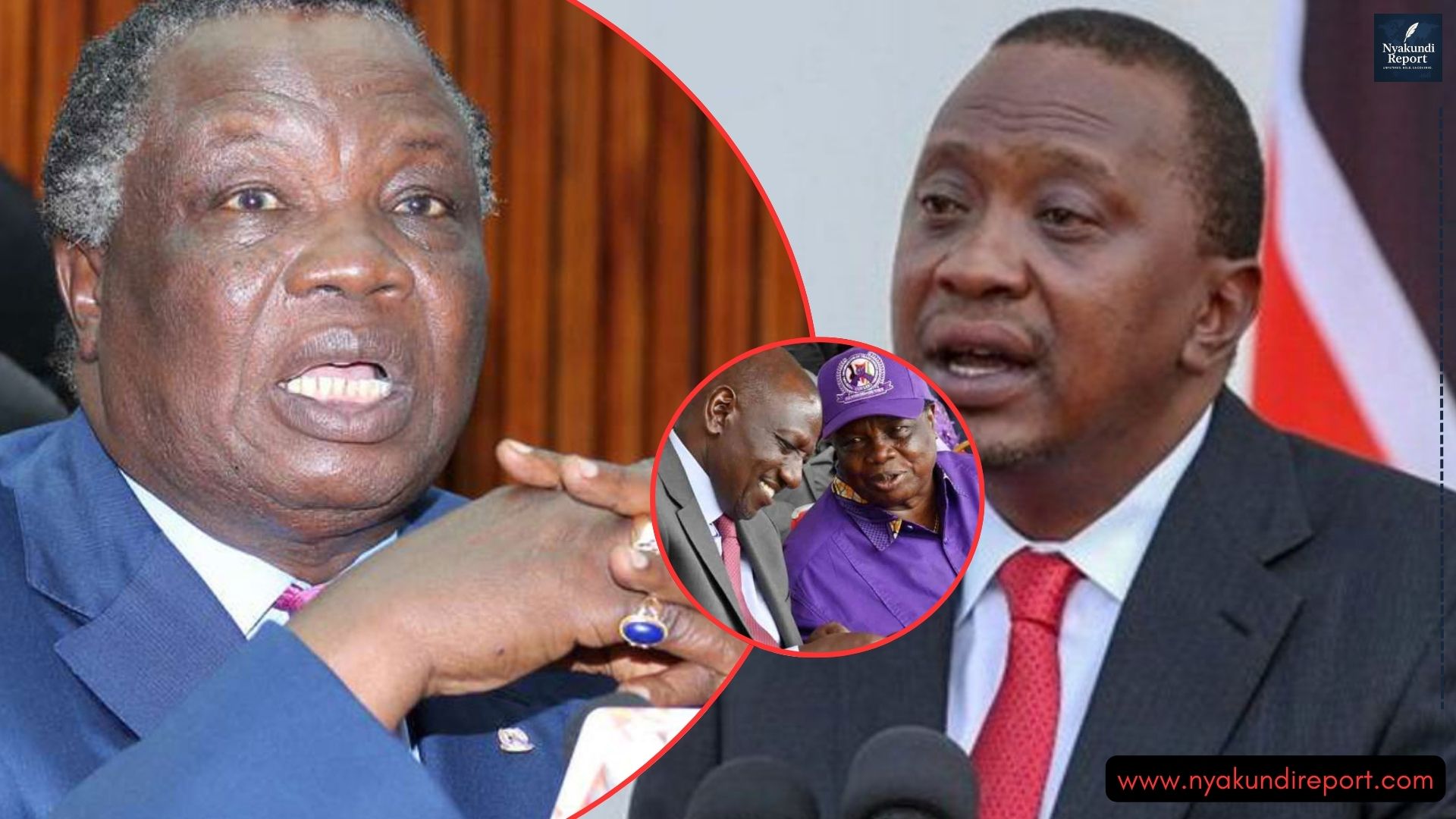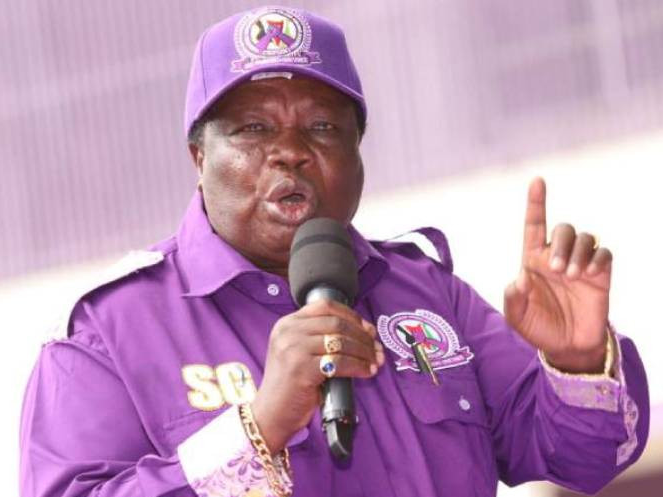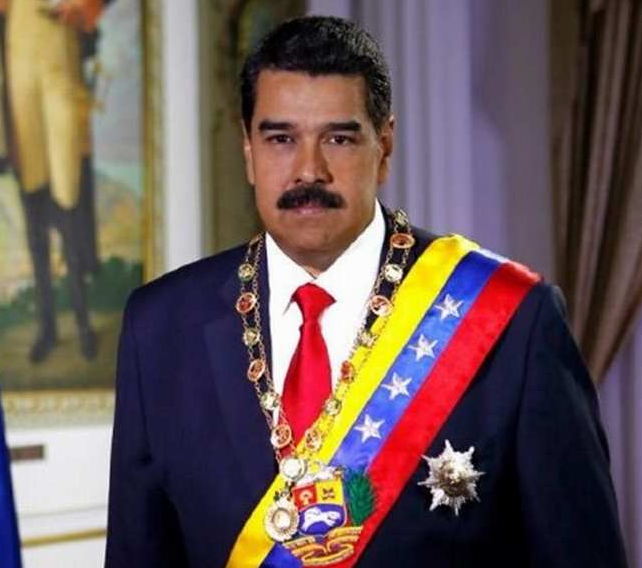A leading automotive firm in Kenya has been rocked by a financial scandal, prompting an internal investigation as efforts intensify to address suspected losses and restore accountability.

At the centre of the controversy is a senior finance manager at Honda Kenya who has been placed on forced leave following allegations of a multi-million-shilling misappropriation.
According to sources within the company, the suspect, Nicodemus Kamanda was suspended following an investigation into the disappearance of Ksh 9 million, a case that has implicated multiple senior officials.

A former employee who recently resigned from the firm disclosed to a local publication that Kamanda was removed from active duty to allow for an in-depth audit into the suspected financial malpractice.
The company’s managing director, Naoki Suiko, reportedly engaged external investigators to unearth irregularities within the finance department.
Findings from the probe have already raised concerns regarding systemic financial mismanagement, and there are indications that further dismissals may follow as scrutiny extends to the human resource department.
HR Manager Eric Gachonge has now emerged as a key subject in the widening investigation and may face similar consequences as Kamanda.

Beyond financial discrepancies, internal discontent is growing over Suiko’s leadership, with staff accusing him of adopting a detached managerial approach.
Several employees have suggested that his recall would be necessary to reinvigorate the company’s strategic direction and uphold its operational credibility.
This turbulence is unfolding against the backdrop of mounting regulatory inquiry.
Various government agencies have questioned Honda Kenya’s compliance with industry regulations, pointing out issues related to distribution licences, branding, and marketing fees.
Authorities have raised concerns over substantial financial losses attributed to corporate decisions within the company, pointing to both acts of omission and commission in the firm’s operational framework.
Honda’s presence in Kenya dates back to the 1970s, with the company initially importing motorcycles ranging from 50cc to 1000cc alongside select automobile models, such as the Honda Civic and TN mini trucks.
In the 1990s, Honda expanded its operations by assembling vehicles locally.
The firm later re-entered Kenya’s automotive sector in 2011 after a seven-year hiatus, establishing an automobile business office in Nairobi.
By 2013, Honda Motorcycle Kenya Limited was founded, primarily focusing on the production and wholesale distribution of motorcycles.
Their distribution network includes TransAfrica Motors Ltd., headquartered along Mombasa Road, Nairobi, and Protech Industrial Equipment Ltd., located on Kijabe Street.
These partnerships support the firm’s market presence by handling sales and after-sales services.
The ongoing investigations into financial misconduct at Honda Kenya come at a time when the firm is striving to consolidate its market position.
The outcome of this probe is expected to shape the future of the company’s leadership and its compliance with financial and operational regulations.

